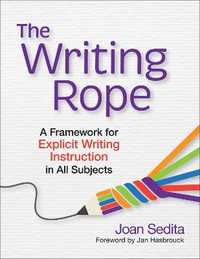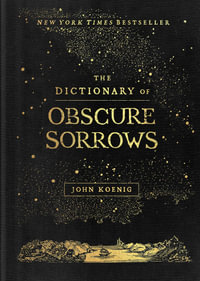Basic Linguistic Theory provides a fundamental characterization of the nature of human languages and a comprehensive guide to their description and analysis. In crystal-clear prose, R. M. W. Dixon describes how to go about doing linguistics. He show how grammatical structures and rules may be worked out on the basis of inductive generalisations, and explains the steps by which an attested grammar and lexicon can built up from observed utterances. He describes how the grammars and vocabulary of one language may be compared to others of the same or different families, explains the methods involved in cross-linguistic parametric analyses, and shows how to interpret the results.
Volume 3 introduces and examines key grammatical topics, each from a cross-linguistic perspective. The subjects include number systems, negation, reflexives and reciprocals, passives, causatives, comparative constructions, and questions. The final chapter discusses the relation between linguistic explanation and the culture and world-view of the linguist and speakers of the language he or she is describing. The book ends with a guide to sources, a consideration of the number of languages in the world, a glossary, and indexes of authors, languages, and subjects covering all three volumes. Volume 1 addresses the methodology for recording, analysing, and comparing languages and includes chapters on analysis, typology, phonology, the lexicon, and field linguistics. Volume 2, like the present work, considers underlying principles of grammatical organization, and has chapters devoted to the word, nouns and verbs, adjectives, transitivity, copula constructions, pronouns and demonstratives,
possession, relative clauses and complementation.
Basic Linguistic Theory is the triumphant outcome of a lifetime's thinking about every aspect and manifestation of language. The volumes comprise a one-stop introduction for undergraduate and graduate students of linguistics, as well as for those in neighbouring disciplines, such as psychology and anthropology.
Industry Reviews
There can be little doubt that Basic Linguistic Theory is a valuable addition to the linguistic literature, both as a broadly conceived typological study and as an inspiring guide to grammar writers ... BLT covers the principal parts of grammar and probably more extensively so than any other single book of its kind. * Steffen Haurholm-Larsen, Studies in Language *
These books are monumental and destined to become classics, equatable to the two volumes entitled Language by Sapir (1921) and Bloomfield (1933), and to Givon's Syntax, volumes 1 (1984) and 2 (1990) but in each case surpassing them in scope, detail, rigor, and coherence. Dixon presents a complete, fully articulated, and cohesive explication of grammar, with extensive elaboration on every major grammatical structure found in the world's languages, as well as many minor ones.... This is a masterwork ... a lasting reference for grammar writers, typologists, grammatical theorists, and all those fascinated by the complexities of linguistic systems and grammatical analysis. * Carol Genetti,Language *



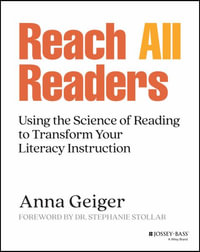















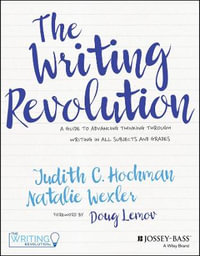
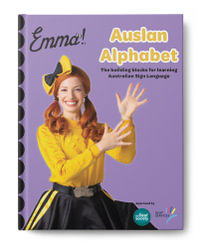
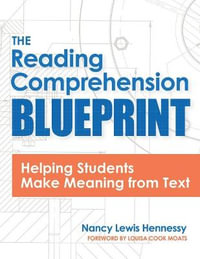
![Collins Pocket Italian Dictionary [Eighth Edition] : 40,000 Words and Phrases in a Portable Format - Collins Dictionaries](https://www.booktopia.com.au/covers/200/9780008183646/5907/collins-pocket-italian-dictionary-eighth-edition-.jpg)
